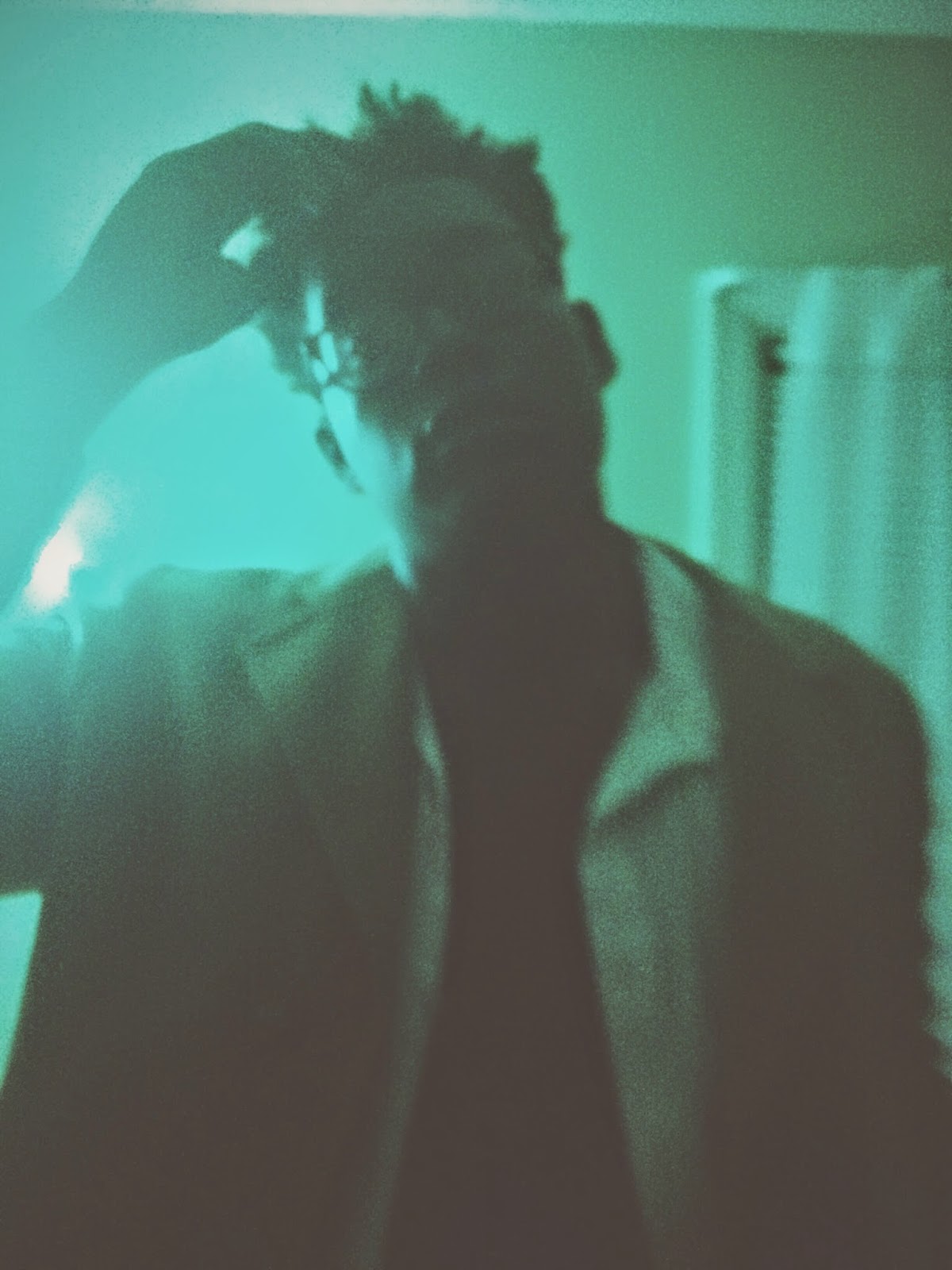Interview led by Jaylin Paschal.
INSIGHT: A good place to start is with the definition of poetry. What is poetry to you?
ONINKU: Poetry is a way of life. Poetry is a way of expressing emotions that you normally can't.
When and why did you start writing poetry?
Tenth grade. I thought I was a rapper, like every black teen. But there was a show for Martin Luther King Day and the Harlem Renaissance, stuff like that, at my school, and I wasn't asked to perform. They told me I was more of a nuisance than anything, so I really started working and got away from rap and into poetry.
The summer of the Trayvon Martin trial I had went down to Florida, originally for vacation, and we stopped in Sanford. And that made a mark on me so much that that next day I went home and I wrote a poem. And that was my first ever strong, personal poem. And ever since then, I've been writing.
And you still pay a lot of attention, judging by your social media presence, to current events, especially issues of social injustice, so how does that directly or indirectly impact your more recent work?
Even with the poetry collection I've kind of been working on, Kids With Colored Voices, all that is not just a reflection of me but a reflection of every adolescent out there. Like, when I wrote Skin Color, it was not just for me. It was a voice for the next person down the street. And so every type of social injustice, every type of current event that happens, affects me in some way and immediately I write from it or I include it somewhere. Whether it's black incarceration or immigration or anything like that.
How do you feel about poetry as a vehicle for social change?
I think it's a great vehicle for social change. I think, for someone who doesn't speak much, it's a great way to get their voice or their view out there. And it gives people a new perspective. They may think, "Well he's my age, and he's standing up and saying something about this, maybe I should be more aware." So I think it's a good vehicle to catapult ideas into anybody.
Do you use poetry to escape these issues, and other, more personal problems, or to confront them?
I think it's some of both. When I wrote this poem titled Redwoods in the Shadow Realm, it was all about escaping. It was about depression, and trying to utilize anything other than yourself to escape that depression. But it doesn't work that way. So I used that specific poem to escape. But with more upfront poems like, Skin Color, I definitely want to reach out and confront the issue; be very abrasive. It's not obnoxious, but it's definitely in your face.
Who is a poet with a large influence on your writing?
Whoa. Well since I just started writing poetry my tenth grade year, I didn't really read much poetry. But immediately I read I Know Why the Caged Bird Sings, and that changed the way I looked at life. And especially this year in my AP Literature class we're reading a lot of middle aged poetry, and I have a huge textbook on poetry. And even if I just read through it once a week, it just helps me refresh my mind and refresh my style. Whether it's Hemingway or Angelou or Poe. Kanye West [has] a major influence on my work and thinking habits.
Do you think going to an art school has positively or negatively impacted your writing?
I think it has been very positive. Without Stivers I don't know if I'd be writing poetry.
Thank you, Christensen.
Follow Christensen on Instagram


No comments:
Post a Comment